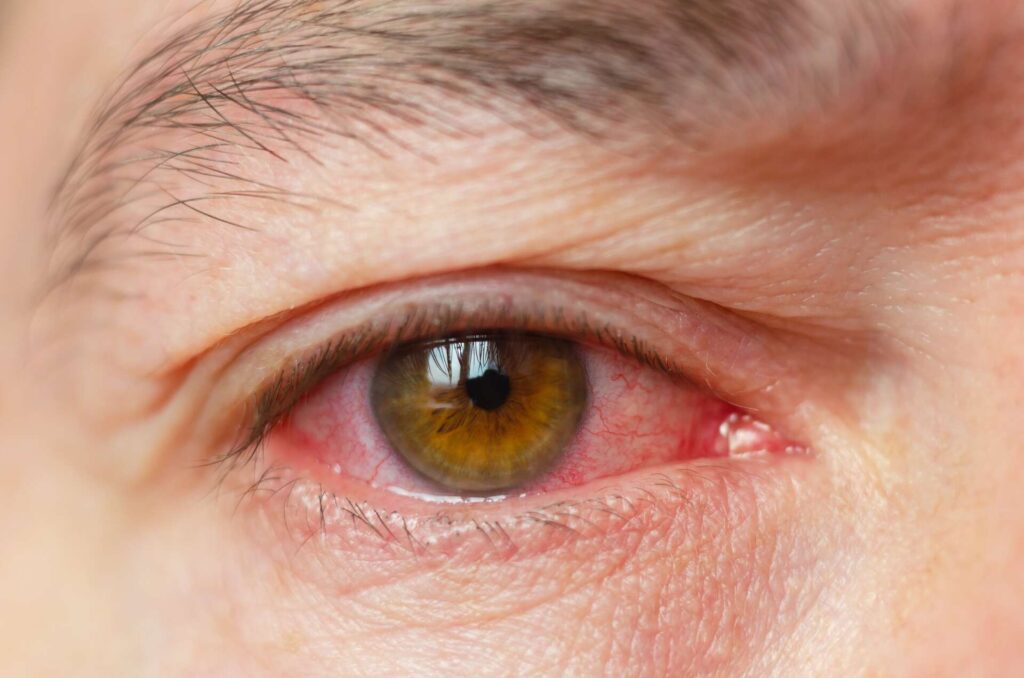Find out the symptoms of maculopathy and learn to recognize the warning signs of this eye condition.
The maculopathy it’s a degenerative eye condition that hits at the macula, the central part of the retina responsible for sharp, detailed vision. Recognizing the symptoms of maculopathy is crucial for early diagnosis and timely treatment.
Blurred vision and straight line distortions
One of the first signs of maculopathy is the blurred vision, which can get worse over time. Additionally, many people with maculopathy experience distortions of straight lines, such as curved or wavy lines.
Difficulty seeing fine details
Maculopathy can cause difficulty seeing fine details, such as reading small text or distinguishing particularly detailed faces or objects.
Loss of central vision
One of the most common symptoms of maculopathy is the progressive loss of central vision. Affected individuals may notice a dark or hollow spot in the center of the visual field.
Changes in color perception
Some people with maculopathy may experience changes in color perception. Colors may appear dull or less vivid.

Read also: Glaucoma: the alarm bells to know
Risk factors and medical advice
Maculopathy can affect people of different ages, but is more common in older individuals. Other risk factors include smoking, obesity, family history of maculopathy, andhypertension. In case of suspicion of maculopathy or the presence of symptoms, it is essential to consult an ophthalmologist for an accurate evaluation and diagnosis.
Sources and insights
For more information about the symptoms, diagnosis, and treatment of maculopathy, see the following sources:
Remember that only a medical professional can definitively diagnose maculopathy. If you experience any symptoms or changes in your vision, always seek the opinion of a qualified expert.
Read also: Cataract and glaucoma: no, they are not the same thing, the differences
